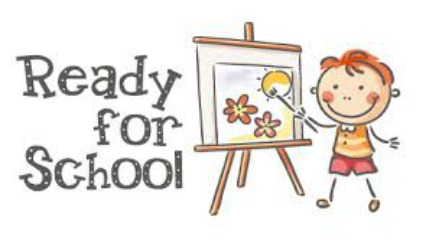Much emphasis today is put on school readiness.
Parents are generally concerned about their child’s readiness to enter school at a young age. But being ready to transition from a grade into a phase at school has as many ramifications for children who are already in school and not prepared for change in school levels. Readiness is not just about academic readiness. Readiness speaks also to aspects such as social intelligence, motivation, ability to keep on task, concentration and language and mathematical development being on standard. These are important markers for long term academic achievement. One forgets that schooling for most children is more than 12 years! Things can be made easier if we participate in their schooling and help them to manage change.
In the USA much emphasis is placed on assisting learners to transition from one grade to another and from one phase to another. In fact some learners, towards the end of the academic year are even allowed to meet their prospective teachers of the following year and to sit in on a class. Emphasis is thus being placed on the fact that the new environment is not an entirely new encounter when they start a new academic year. They know what to expect.
Parental Roles in Transitioning
In an ideal world educators would take the time to go through each of their new learners’ profiles. They would need to note each of their new students’ strengths and weaknesses even before they enter their classes. The question begs: “How many teachers actually know up front their learners’ strengths and weaknesses?”.
It is important that parents ensure that the new teachers get copies of their children’s reports within the first week of school. Parents need to make the class teacher aware of areas in which the child is facing difficulties, right at the start of the new term or academic year. In other words do not wait till the first parent evening that takes place towards the end of the first term. Parents do have to know that the teacher knows beforehand what challenges they might have and what needs to be done to support the learner.
What do we as parents need to check out?
We as parents are obligated to know that children’s developmental needs are different for each child and that children mature differently. Each child is an individual with specific talents and in some cases deficits. Your children are mostly writing exams at this time of the year. The report will be a good indicator of where support and guidance is needed. But we also need to remember that academia is but one part of the child’s growing up. Blaming the school for the child not progressing would be too simplistic, as we know, that school is but one factor that determines academic success.
So take into account how your attitude and support to your child is readying your child for the next big step in their lives? Are you sure that they have sufficient emotional, social, moral and cognitive skills to fulfil their potential and master the new challenges of a new grade or phase so that school days for them will be the best time of their lives?


